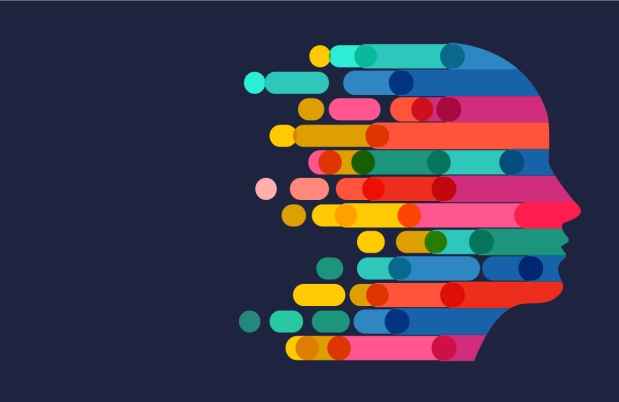Student Opportunities
McLean Hospital has educational opportunities for college graduates, undergraduate researchers, medical students, and students at Harvard University.
Post-Baccalaureate Child and Adolescent Clinical Fellowship Program
The Simches Division of Child and Adolescent Psychiatry at McLean Hospital offers a two-year Post-Baccalaureate Clinical Fellowship Program for college graduates interested in pursuing a career in mental health.
This guided, entry-level professional experience is shaped by the four pillars of McLean Hospital’s mission: excellence in clinical care, groundbreaking state-of-the-art scientific investigation, training the next generation of mental health professionals, and serving the hospital and our communities.
Learn more about the fellowship.
McLean Mental Health Research Summer Program
The McLean Mental Health Research Summer Program (MMHRSP) is a 10-week (June-August) offering that aims to increase representation in mental health research and careers (including neuroscience, clinical psychology, and psychiatry) by providing paid research opportunities, committed long-term mentorship, academic networking, and community engagement.
Eligible students must be in a two- or four-year college, reside or attend college in Massachusetts, and be a junior or senior (four-year college) or a second-year (two-year community college) in the fall semester.
Individuals will be from racial and ethnic groups underrepresented in health-related sciences on a national basis as identified by the National Science Foundation (Black, Hispanic/Latine, Native American, Native Hawaiian or other Pacific Islander, and/or Alaska Native); with disabilities, defined as those with a physical or mental impairment that substantially limits one or more major life activities; from rural and/or disadvantaged backgrounds, defined as those who meet two or more of the criteria listed here; and show a strong interest in the science of mental health disorders.
This intensive, 10-week, full-time, hands-on mental health research experience involves:
- Mentored basic or clinical neuroscience research experience in a laboratory at McLean Hospital—in-person experience (pending any changes to McLean’s COVID-19 policies)
- Attendance of a scientific conference in the fall, for example, the Society for the Advancement of Chicanos/Hispanics and Native Americans in Science or the Annual Biomedical Research Conference for Minoritized Scientist
- Workshops to teach and promote strategies for scientific success, such as graduate school director panels, leveraging narratives to effectively communicate science, benefits of scientific societies, scientific networking events
- Outreach and community engagement, for example, high school outreach, local brain fairs
How to Apply
Online application requires a one-page personal statement, an unofficial transcript, and one letter of recommendation.
Application deadline is February 9, 2024.
With any questions, please contact us by email.
Medical Student Education
McLean Hospital offers opportunities for medical students interested in pursuing elective studies in psychiatry.
Harvard Medical School
Harvard Medical School (HMS) students interested in an elective at McLean Hospital may learn more on the HMS website. For more information, please contact the HMS Registrar or contact John B. Roseman, MD, director of Medical Student Education at McLean.
Non-HMS Medical Student
Students from other medical schools may apply for an advanced fourth year elective at McLean Hospital through the Harvard Medical School Registrar. HMS does not offer elective opportunities for non-HMS students prior to the fourth year of medical school.
International Medical Students
Students from international schools may learn more regarding the exchange program for international medical students on HMS’s website.
Harvard Student Opportunities
Harvard University offers a number of programs which can be fulfilled via McLean Hospital.
The Scholars in Medicine Program allows students to carry out a faculty mentored scholarly project as a graduation requirement.
The Program in Neuroscience, a PhD training opportunity, provides students with the instruction, research experience, and mentoring they need to become leaders in research and education.
Harvard College undergraduate students may coordinate an independent study at McLean.



